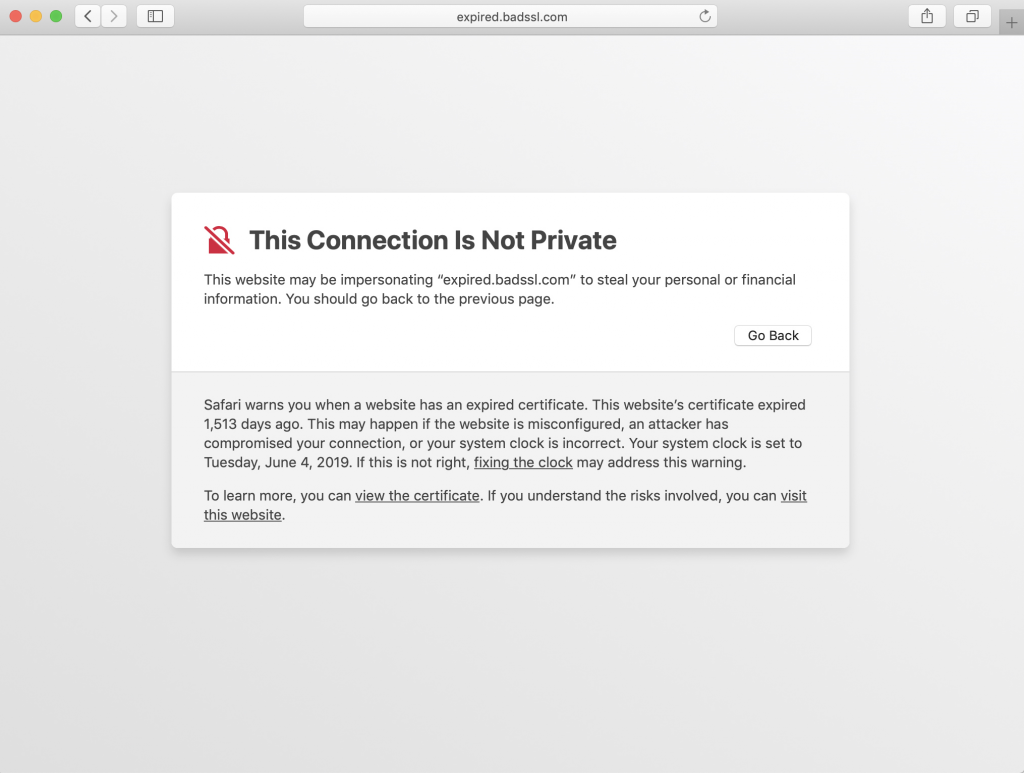Credit checks are a crucial aspect of financial management, and understanding how long they last is essential for maintaining a healthy credit score. Whether you're applying for a loan, renting a property, or seeking new employment, credit checks play a significant role in determining your financial reliability. Knowing the duration of a credit check's impact on your credit report can help you make informed decisions about your financial future.
Credit checks are divided into two types: hard inquiries and soft inquiries. Each type has different implications for your credit score and financial standing. This article will explore the duration of credit checks, their effects on your credit report, and strategies to minimize any negative impact.
By the end of this guide, you will have a clear understanding of how long credit checks last, the difference between hard and soft inquiries, and actionable steps to protect your credit health. Let's dive into the details.
Read also:Latest Insights Into Movierulz Kannada New Movie A Mustread Guide
Table of Contents
- What Are Credit Checks?
- Types of Credit Checks
- How Long Do Credit Checks Last?
- Effects on Credit Score
- Hard vs. Soft Inquiries
- How to Limit Credit Check Impact
- Credit Check Duration
- Factors Affecting Credit Checks
- Strategies for Maintaining Credit Health
- Common Misconceptions About Credit Checks
What Are Credit Checks?
Credit checks are a formal process where lenders, landlords, employers, or other entities review your credit history to assess your financial responsibility. These checks are typically conducted by credit bureaus, which compile detailed reports on your credit behavior, payment history, and overall financial management.
Credit checks provide insight into how well you manage credit obligations, such as paying bills on time, managing debt, and maintaining a low credit utilization ratio. Lenders use this information to evaluate your creditworthiness before approving loans, credit cards, or other financial products.
Understanding the purpose and scope of credit checks is vital for anyone seeking to improve their financial standing. By learning how credit checks work, you can take proactive steps to protect your credit score and ensure long-term financial stability.
Types of Credit Checks
Hard Inquiries
Hard inquiries occur when a lender or financial institution reviews your credit report during an application process. These checks are typically initiated when you apply for credit cards, loans, mortgages, or other significant financial products. Hard inquiries can have a temporary impact on your credit score, usually reducing it by a few points.
Soft Inquiries
Soft inquiries, on the other hand, do not affect your credit score. These checks are often performed for background purposes, such as pre-approved credit offers, employment screenings, or personal credit report reviews. Soft inquiries are less intrusive and do not indicate a formal credit application.
Knowing the difference between hard and soft inquiries is crucial, as only hard inquiries have the potential to impact your credit score. By understanding the distinction, you can better manage your credit health and avoid unnecessary credit checks.
Read also:Jameliz Xxx A Detailed Dive Into Her Life And Career
How Long Do Credit Checks Last?
Credit checks, specifically hard inquiries, remain on your credit report for up to two years. However, their impact on your credit score diminishes over time. Most credit scoring models, such as FICO, only consider hard inquiries from the past 12 months when calculating your credit score.
While the duration of a credit check may seem lengthy, the actual effect on your credit score is relatively minor. A single hard inquiry typically reduces your credit score by 5-10 points, depending on your overall credit profile. For individuals with excellent credit, the impact may be even less noticeable.
It's important to note that multiple hard inquiries within a short period can signal financial instability, potentially leading to a more significant impact on your credit score. To mitigate this risk, it's advisable to limit unnecessary credit applications and space out inquiries whenever possible.
Effects on Credit Score
The impact of credit checks on your credit score depends on several factors, including the type of inquiry, your credit history, and the number of recent inquiries. Hard inquiries are the primary concern, as they can temporarily lower your credit score.
- FICO Scoring Model: FICO scores consider hard inquiries as part of the "new credit" category, which accounts for approximately 10% of your overall score.
- VantageScore Model: Similar to FICO, VantageScore also factors in hard inquiries, but their impact may vary slightly depending on your credit profile.
- Credit Utilization Ratio: While not directly related to credit checks, maintaining a low credit utilization ratio can help offset any negative effects of hard inquiries.
By understanding how credit checks affect your credit score, you can take proactive steps to protect your financial standing and ensure long-term credit health.
Hard vs. Soft Inquiries
Key Differences
The distinction between hard and soft inquiries is critical for managing your credit health. Below are the key differences between the two types of credit checks:
- Hard Inquiries: Initiated during formal credit applications, impact credit score, and remain on credit report for up to two years.
- Soft Inquiries: Conducted for informational purposes, do not affect credit score, and are not visible to lenders.
When Do Hard Inquiries Occur?
Hard inquiries typically occur in the following situations:
- Applying for a credit card
- Requesting a mortgage or auto loan
- Opening a new bank account
- Seeking insurance coverage
When Do Soft Inquiries Occur?
Soft inquiries are more common in everyday scenarios, such as:
- Checking your own credit report
- Receiving pre-approved credit offers
- Employment background checks
- Insurance quotes
How to Limit Credit Check Impact
While credit checks are an unavoidable part of financial life, there are strategies to minimize their impact on your credit score:
- Space Out Applications: Avoid submitting multiple credit applications within a short period to prevent a series of hard inquiries.
- Shop for Rates Strategically: When shopping for loans or credit cards, conduct rate comparisons within a 14-45 day window. Most scoring models treat multiple inquiries for the same product as a single inquiry.
- Monitor Credit Reports: Regularly review your credit reports for errors or unauthorized inquiries. Dispute any discrepancies with the credit bureaus to maintain accuracy.
- Focus on Credit Utilization: Keep your credit utilization ratio below 30% to offset any negative effects of hard inquiries.
By implementing these strategies, you can protect your credit score and ensure long-term financial stability.
Credit Check Duration
As mentioned earlier, credit checks, particularly hard inquiries, remain on your credit report for up to two years. However, their impact on your credit score diminishes over time. Most credit scoring models only consider inquiries from the past 12 months when calculating your score.
It's important to note that the duration of a credit check does not necessarily reflect its severity. A single hard inquiry may have a minimal impact, while multiple inquiries within a short period can signal financial instability, leading to a more significant effect on your credit score.
To manage the duration and impact of credit checks, it's advisable to limit unnecessary applications and monitor your credit reports regularly for accuracy.
Factors Affecting Credit Checks
Several factors influence the impact of credit checks on your credit score:
- Credit History: Individuals with a long, positive credit history may experience less impact from hard inquiries compared to those with limited or poor credit history.
- Number of Inquiries: Multiple hard inquiries within a short period can amplify their negative effects on your credit score.
- Credit Mix: A diverse credit mix, including credit cards, loans, and mortgages, can help offset the impact of hard inquiries by demonstrating financial responsibility.
- Payment History: Consistently paying bills on time and maintaining a low credit utilization ratio can help mitigate the effects of credit checks.
By understanding these factors, you can take proactive steps to protect your credit health and ensure long-term financial stability.
Strategies for Maintaining Credit Health
Maintaining a healthy credit score requires consistent effort and strategic planning. Below are some actionable strategies to protect your credit health:
- Pay Bills on Time: Timely payments are the most significant factor influencing your credit score. Set up automatic payments or reminders to avoid late payments.
- Monitor Credit Reports: Regularly review your credit reports for errors or unauthorized inquiries. Dispute any discrepancies with the credit bureaus to maintain accuracy.
- Limit Hard Inquiries: Avoid unnecessary credit applications and space out inquiries whenever possible to minimize their impact on your credit score.
- Maintain Low Credit Utilization: Keep your credit utilization ratio below 30% to demonstrate responsible credit management and improve your credit score.
By following these strategies, you can maintain a healthy credit score and ensure long-term financial stability.
Common Misconceptions About Credit Checks
There are several misconceptions surrounding credit checks that can lead to confusion or unnecessary anxiety. Below are some common myths debunked:
- Soft Inquiries Impact Credit Score: Soft inquiries do not affect your credit score, as they are conducted for informational purposes only.
- All Credit Checks Are Hard Inquiries: Not all credit checks result in hard inquiries. Many checks, such as pre-approved offers or employment screenings, are classified as soft inquiries.
- Checking Your Own Credit Hurts Your Score: Reviewing your own credit report is considered a soft inquiry and does not impact your credit score.
By dispelling these myths, you can approach credit checks with confidence and make informed decisions about your financial future.
Conclusion
In conclusion, understanding how long credit checks last and their impact on your credit score is essential for maintaining financial health. Hard inquiries remain on your credit report for up to two years, but their effect diminishes over time. By limiting unnecessary applications, monitoring your credit reports, and practicing responsible credit management, you can protect your credit score and ensure long-term stability.
We encourage you to take action by reviewing your credit reports regularly, disputing any errors, and implementing the strategies outlined in this guide. Share this article with others who may benefit from the information, and feel free to leave a comment or question below. Together, we can promote financial literacy and empower individuals to take control of their credit health.

